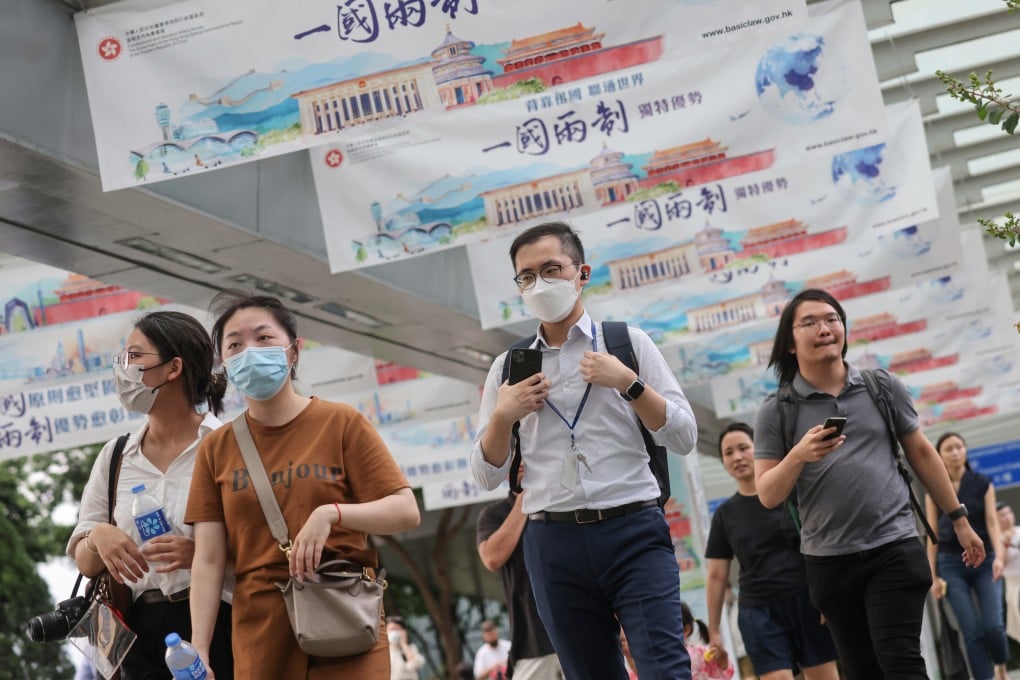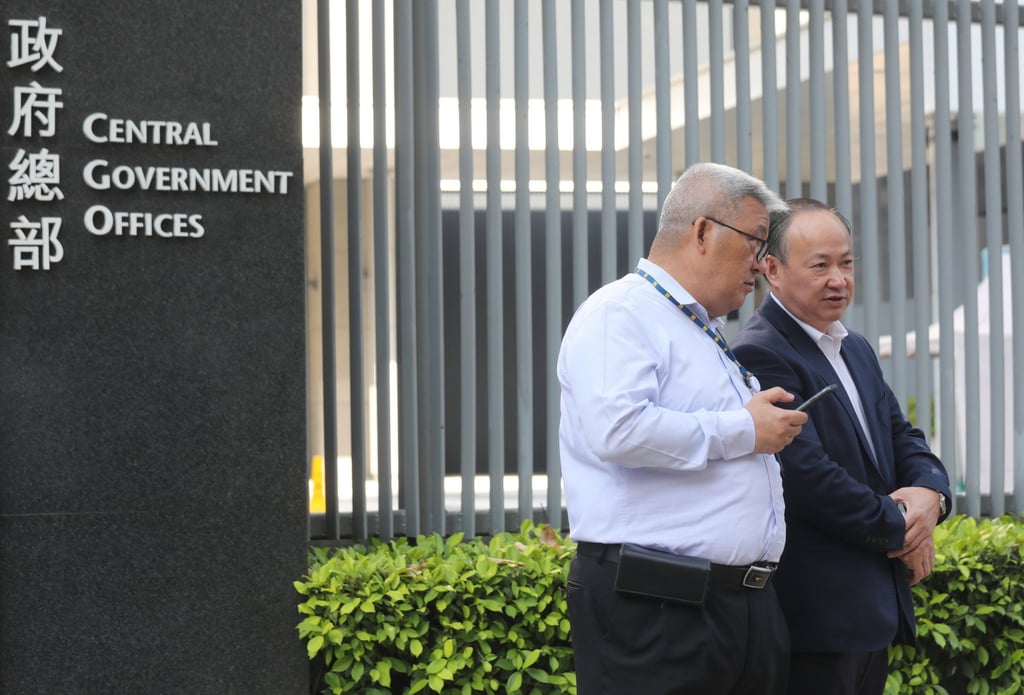Advertisement
Opinion | Hong Kong must staunch the outflow of talent in civil service
- Multiple initiatives are in place to stem the outflow of civil servants and recruit new talent, but departures continue
- The government should explore changes to officers’ retirement age, sweeten benefits packages and offer tailor-made training and promotion to those who excel
Reading Time:4 minutes
Why you can trust SCMP
16

In response to recent questions on Hong Kong’s drop in competitiveness ranking in this year’s World Competitiveness Yearbook, Chief Executive John Lee Ka-chiu acknowledged that brain drain and population decline were factors affecting Hong Kong’s ranking.
The government has rolled out multiple initiatives to stem the outflow and recruit fresh talent, but record numbers of civil service departures are spreading concerns in the community. Government statistics released in mid-July, in response to a media inquiry, show that in 2022 there were 10,126 departures, including a record 3,863 resignations, representing 38 per cent of the total.
Even more worrisome is the rise in resignations from the elite Administrative Service. They rose from 19 in 2014-15 to 36 in 2022-23, of which 21 were directorate officers.
Advertisement
The picture regarding the Executive Officer (EO) grade, an important supporting cadre in government, is equally bleak. The numbers of EOs resigning from government have surged from 46 in 2017-18 to 153 in 2022-23.
The spike in departures is part of a broader emigration pattern in recent years, but the outcomes are worrying. The Administrative Service is the most selective and highest-paid civil service grade in government, with the entry-level salary starting at HK$57,395 (US$7,350) per month, highly attractive to young graduates. Yet, despite the high pay, applications for entry positions in the Administrative Service have dropped from 19,000 in 2016-17 to 9,300 in 2022-23.

Historically, the Administrative Officer (AO) grade is a general management grade. It was introduced by the British in many parts of the British Empire and extended to Hong Kong. According to sinologist Teng Ssu Yu’s 1943 monograph “Chinese Influence on the Western Examination System”, competitive civil service examinations were introduced in England in the mid-19th century, through the influence of diplomats, scholars and missionaries who learned about the examination system in China.
Advertisement
Select Voice
Select Speed
1.00x
